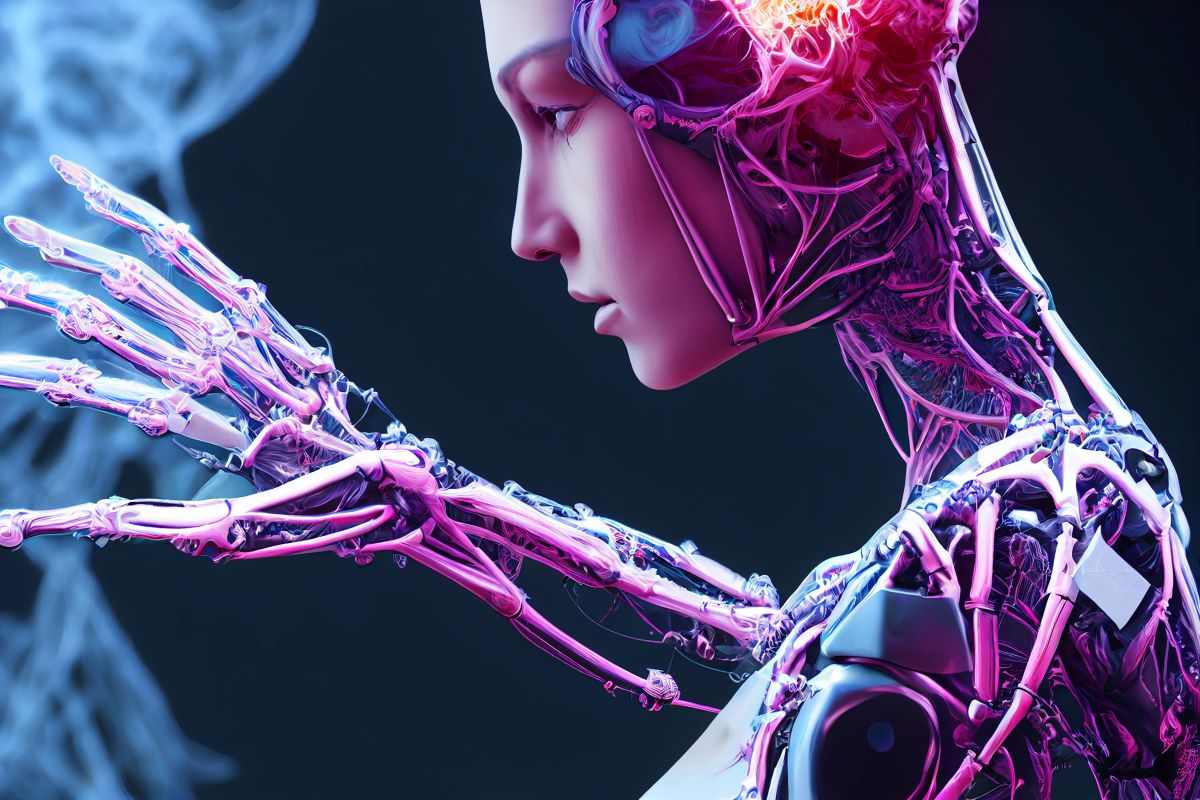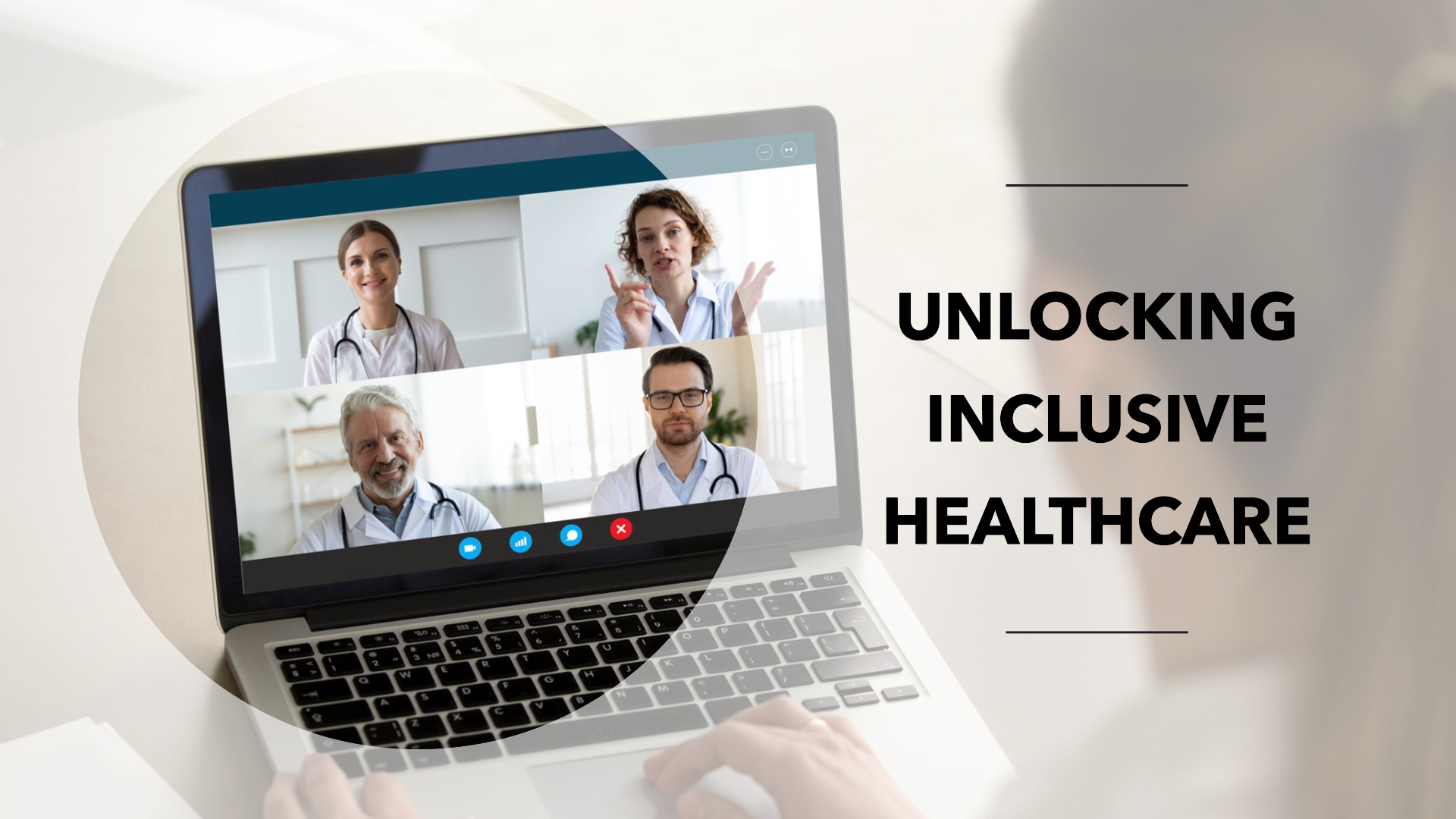The impact of Artificial Intelligence is transforming healthcare in 6 areas. Artificial Intelligence (AI) has emerged as a powerful tool that is revolutionizing the healthcare industry. With its ability to process vast amounts of data, extract meaningful insights, and make predictions, AI is transforming healthcare delivery, improving patient outcomes, and enhancing the efficiency of healthcare systems. In this article, we will explore the impact of AI in six key areas of healthcare, highlighting the advancements that this technology brings to each domain.
Unlocking the Impact of Artificial Intelligence in Healthcare
In the ever-evolving landscape of healthcare, AI stands tall as a transformative force, reshaping the industry in ways previously unimaginable. This cutting-edge technology has proven to be more than just a tool; it’s a catalyst for revolutionizing how healthcare is delivered, experienced, and optimized.
Imagine a world where mountains of healthcare data are not just numbers but valuable insights waiting to be uncovered. This is precisely where AI steps in – with the prowess to process vast datasets, extract meaningful patterns, and foresee trends that have the potential to redefine patient care and operational efficiency.
In the upcoming exploration, we embark on a journey through six pivotal domains of healthcare, unraveling the profound impact of Artificial Intelligence in each. From precision in patient care to trailblazing advancements in clinical research, fortifying the healthcare supply chain, alleviating workforce challenges, accelerating operational efficiencies, and navigating the future of healthcare – AI’s influence knows no bounds.
Join us as we delve into the intricate web of AI’s capabilities, dissecting the advancements and innovations that are steering the healthcare industry toward a future where intelligence augments care, and technology propels us into uncharted realms of possibility. The revolution has begun, and AI is at the forefront, reshaping the very foundations of healthcare as we know it.
The impact of Artificial Intelligence in Healthcare
The 6 key areas where the impact of Artificial Intelligence is transforming healthcare are:
1. Empowering Precision Medicine
One of the remarkable applications of AI in healthcare is its ability to enable precision medicine. By analyzing diverse patient data, including genetic information, medical histories, and treatment outcomes, AI algorithms can identify patterns, predict disease progression, and tailor treatments to individual patients. This personalized approach revolutionizes medical interventions by maximizing effectiveness and minimizing adverse effects.
Moreover, AI-powered decision support systems assist healthcare providers in accurately diagnosing complex diseases, recommending appropriate treatment options, and predicting patients’ response to therapy. By utilizing AI’s computational power, precision medicine is becoming an integral part of healthcare, offering new avenues for improved patient care.
2. Enhancing Medical Imaging and Diagnostics
AI is transforming the field of medical imaging and diagnostics by automating processes, improving accuracy, and reducing diagnosis time. Machine learning algorithms can analyze medical images, such as X-rays, MRIs, and CT scans, with remarkable precision. By training on massive datasets, AI models can detect abnormalities, identify early signs of diseases, and assist radiologists in making more accurate diagnoses.
Additionally, AI algorithms can help prioritize and triage medical images, allowing healthcare professionals to focus on critical cases and expedite treatment for patients in need. This integration of AI in medical imaging not only improves efficiency but also enhances the accuracy and reliability of diagnostics.
3. Revolutionizing Drug Discovery and Development
The process of drug discovery and development is a complex and time-consuming endeavor. However, AI is revolutionizing this field, making it more efficient and accelerating the discovery of new drugs and therapies. By analyzing vast amounts of biomedical literature, genetic data, and clinical trial results, AI algorithms can identify potential drug targets, predict drug efficacy, and even design novel molecules.
AI-powered tools can also optimize the drug development process by simulating and predicting the effects of potential drugs on the human body. This not only reduces the cost and time required for drug development but also increases the success rate of bringing effective treatments to market.
Furthermore, AI is facilitating the repurposing of existing drugs for new indications. By analyzing molecular structures and disease pathways, AI algorithms can identify potential candidate drugs that may have therapeutic effects on previously unexplored diseases. This approach holds immense promise for finding new treatments and expanding the applications of existing medications.
4. Streamlining Healthcare Operations and Workflow
AI is reshaping healthcare operations by automating routine tasks, streamlining workflows, and improving operational efficiency. Virtual assistants and chatbots powered by AI algorithms can handle appointment scheduling, answer patient queries, and provide basic medical advice, freeing up healthcare professionals to focus on more complex patient care.
AI can also optimize resource allocation by analyzing patient data, predicting patient flow, and anticipating healthcare needs. By forecasting demand for medical supplies, optimizing staff schedules, and improving bed management, AI systems can ensure that healthcare facilities operate more smoothly and efficiently.
Additionally, AI algorithms can help reduce healthcare costs by identifying potential areas for cost savings, such as optimizing medication usage or minimizing unnecessary tests and procedures. By analyzing healthcare data and identifying patterns, AI can support decision-making processes that enhance cost-effectiveness while maintaining the quality of care.
5. Improving Patient Monitoring and Remote Care
In an era of telemedicine and remote care, AI is playing a crucial role in monitoring patients and delivering healthcare services outside traditional clinical settings. Wearable devices equipped with AI capabilities can continuously monitor vital signs, detect abnormalities, and alert healthcare providers in real-time.
AI algorithms can analyze the data from these wearables and other remote monitoring devices to identify patterns, predict health deterioration, and enable early interventions. For example, in chronic disease management, AI-powered systems can monitor glucose levels in diabetic patients and provide personalized recommendations for insulin dosing or lifestyle adjustments.
Remote patient monitoring, supported by AI, enhances patient engagement, improves access to care, and reduces healthcare costs associated with hospital readmissions. It also empowers individuals to take an active role in managing their health, leading to better health outcomes.
6. Enhancing Healthcare Research and Insights
AI is revolutionizing healthcare research by enabling data-driven insights and accelerating scientific discoveries. By analyzing vast amounts of biomedical literature, clinical trial data, and genomic information, AI algorithms can identify patterns, discover associations, and generate hypotheses for further investigation.
Machine learning techniques, combined with AI, can identify potential targets for drug development, predict the efficacy of treatments, and identify biomarkers for disease detection. This expedites the research process and opens new avenues for understanding diseases and developing innovative therapies.
Additionally, AI-powered data analytics can unlock the potential of real-world data, such as electronic health records, by extracting valuable insights and identifying trends that were previously inaccessible. This facilitates evidence-based decision-making, improves healthcare outcomes, and contributes to the development of more personalized and effective treatment approaches.
While these various domains are currently witnessing the substantial impact of Artificial Intelligence, one wonders: How might this dynamic change in the future for the continued evolution of the impact of artificial intelligence?
Charting the Future with the Impact of Artificial Intelligence in Healthcare
In the ever-evolving landscape of healthcare, the impact of Artificial Intelligence (AI) stands as a beacon of transformative change, revolutionizing the way we deliver and receive medical care. From the precision of personalized medicine to the enhanced insights of medical imaging, the acceleration of drug discovery to the optimization of healthcare operations, the vigilant monitoring of patients to the extraction of invaluable research insights – AI’s impact in healthcare is both pervasive and promising.
Yet, as we stand on the precipice of this healthcare revolution, it is essential to recognize that such impactful advancements come with the responsibility to address challenges. Safeguarding data privacy, upholding ethical standards, and ensuring the responsible integration of AI systems into existing healthcare frameworks are crucial components of navigating this transformative journey.
The true magic unfolds at the intersection of technology and human expertise. Here, the capabilities of AI seamlessly blend with the compassionate touch of healthcare professionals, shaping a future where every diagnosis, treatment, and healthcare interaction is a testament to the harmonious synergy of cutting-edge innovation and empathetic care.
As we harness the full potential of AI in healthcare, we lay the foundation for a future where these impactful technologies become powerful allies in the pursuit of improved patient outcomes, heightened operational efficiency, and an overall elevation of healthcare experiences for all. The impact of Artificial Intelligence in healthcare is not merely a revolution; it’s a harmonious fusion of innovation and empathy, charting a course towards a future where healthcare is not just transformed by AI but enriched by its profound impact.





